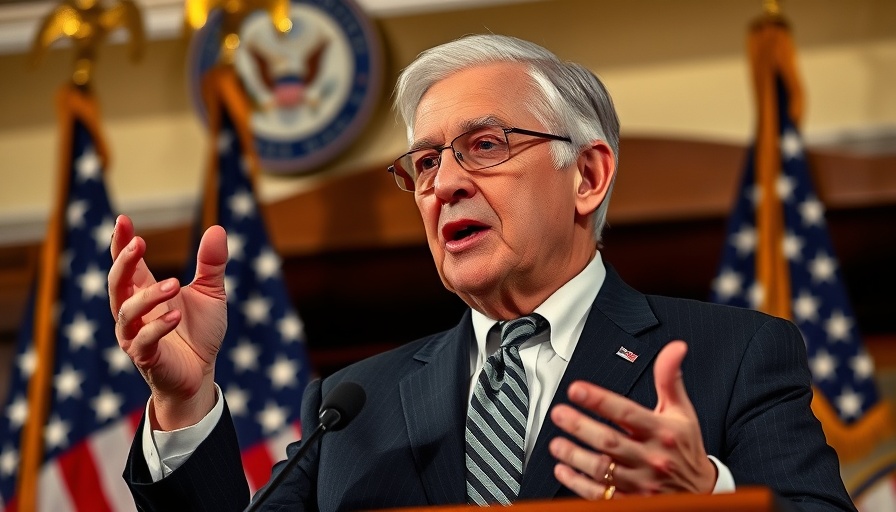
RFK Jr's Bold Stance on Medical Journals: What You Need to Know
In a recent podcast appearance, Robert F. Kennedy Jr. made waves by issuing a serious ultimatum to some of the most prestigious medical journals in the world. Speaking candidly on the "Ultimate Human" podcast, Kennedy argues that leading journals, including the New England Journal of Medicine (NEJM), the Journal of the American Medical Association (JAMA), and The Lancet, have strayed from their mission of unbiased scientific inquiry, instead prioritizing pharmaceutical interests. His comments spark crucial conversations about the integrity of scientific research.
The Accusation: Are Medical Journals Compromised?
Kennedy claims these journals have become “corrupt,” asserting that if they do not change their publication practices significantly, the National Institutes of Health (NIH) could restrict its scientists from publishing in these outlets. “Unless those journals change dramatically, we are going to stop NIH scientists from publishing in them,” Kennedy threatened, suggesting that the NIH may pivot to creating its own publications.
The claim builds on a broader concern about pharmaceutical overreach and the publishing industry’s role in perpetuating it, as highlighted in a recent White House-backed report led by Kennedy. This report warns that the over-prescription of medications and widespread fear in medical institutions is contributing to an alarming rise in chronic illnesses among children.
A Crisis in Confidence: The Editors Speak Up
Kennedy is not alone in his sentiments; he cites quotes from respected editors of these journals, where similar frustrations with the state of medical publishing have been voiced. Marcia Angell, former editor-in-chief of NEJM, once expressed skepticism about the reliability of clinical research, mentioning, "It is simply no longer possible to believe much of the clinical research that is published." This concern echoes through the scientific community, gathering attention for its potential implications on public health.
Alternatives Are Emerging: The Rise of New Journals
In response to these controversies, initiatives like the Journal of the Academy of Public Health, founded by NIH director Jay Bhattacharya and FDA Commissioner Marty Makary, are emerging. This reflects a growing movement that seeks to establish platforms where research can be published with fewer conflicts of interest, promoting more transparency and trustworthiness in health information.
The Implications for Public Health and Trust
As discussions surrounding medical journal credibility gain traction, it's essential to consider the impact of these dynamics on public health. Many individuals rely on medical journals for guidance, believing the information presented is thoroughly vetted. If public trust in these publications crumbles, the consequences could be significant—leading to skepticism about medical advice, hesitancy toward treatments, and an overall decline in public health initiatives.
Your Health and Credible Sources: Making Informed Choices
As a reader or healthcare consumer, staying informed about where your health information is sourced is crucial. It’s not just about the results of studies but the integrity behind the research methods. Striving for personal health using credible resources can involve engaging with a variety of mediums—from speaking with healthcare professionals to exploring holistic health approaches, including nutrition, fitness, and mental well-being.
A Time for Reflection: Where Do We Go From Here?
The landscape of medical research and publication is at a crossroads, and how we respond to these challenges today will shape the future of healthcare. Moving forward, support for ethical publication practices and unbiased reporting in health sciences will be more critical than ever. The integrity of our health systems hinges on the transparency of the information we receive.
 Add Row
Add Row  Add
Add 




Write A Comment